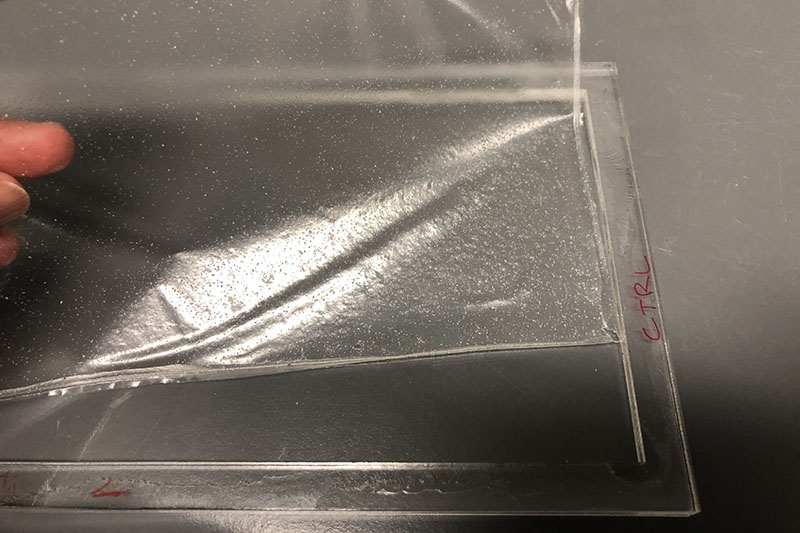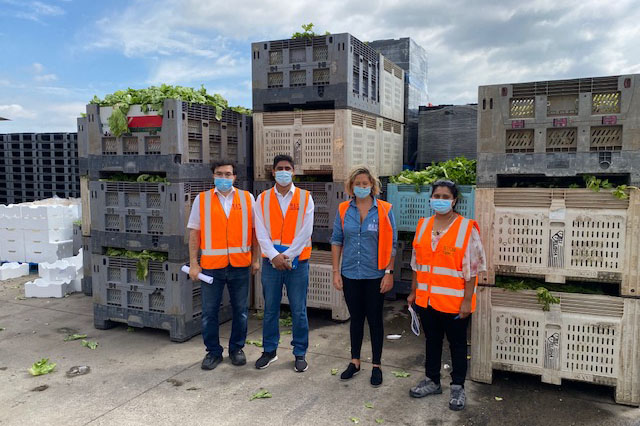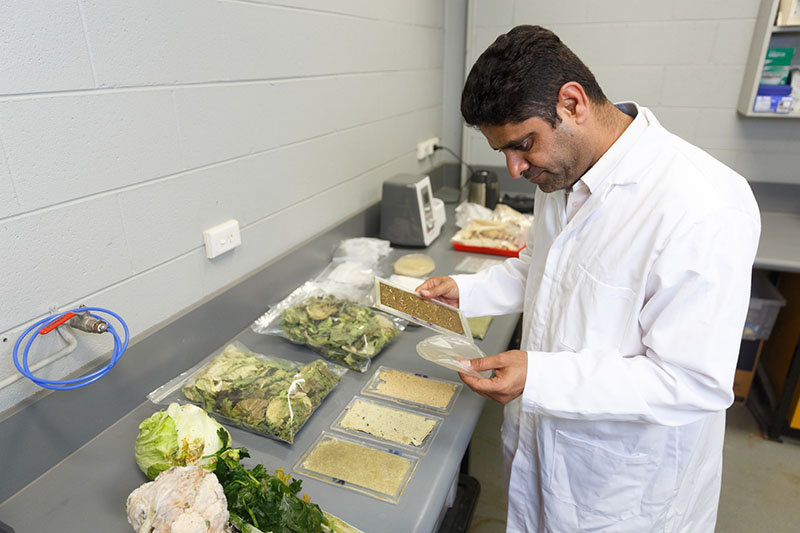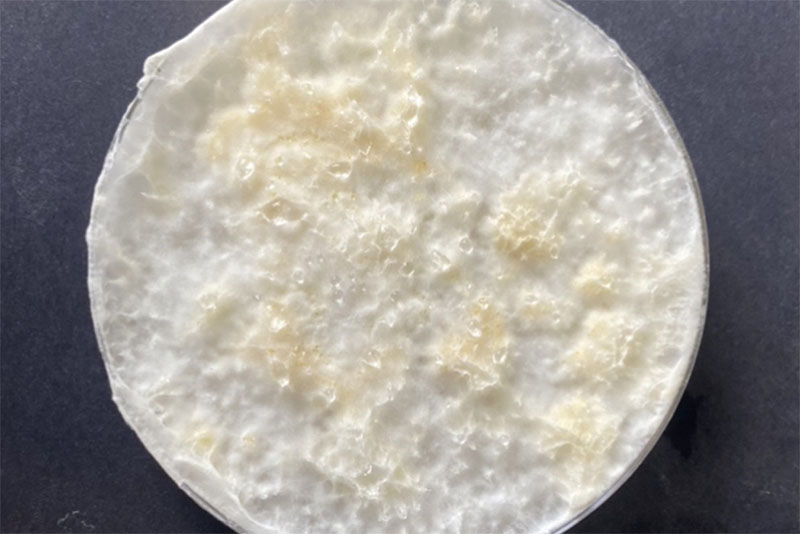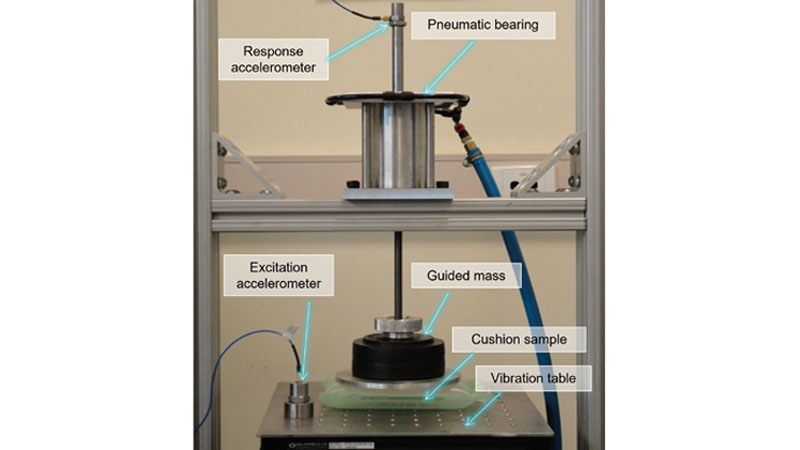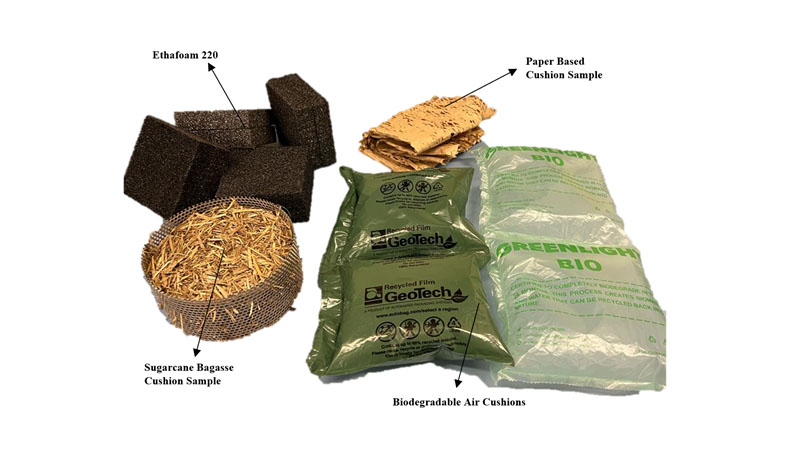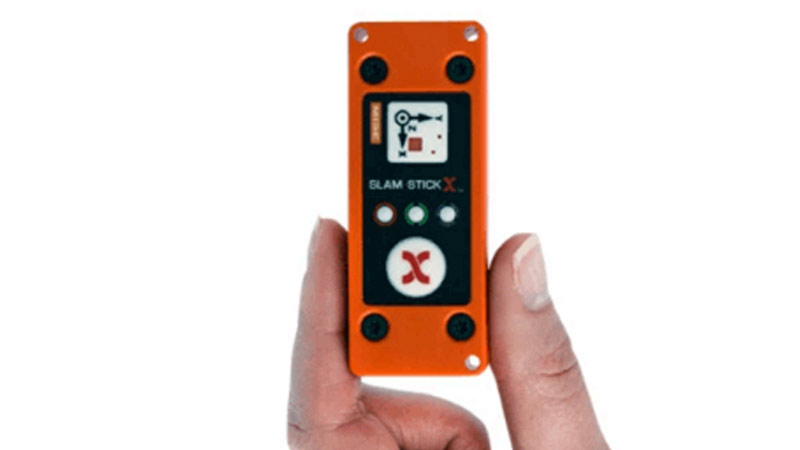Sustainable Packaging Solutions
By 2046 it is estimated that Victoria’s use of resources will almost double and our waste generation will increase by about 40 percent. To limit the impacts of this growth, we need to produce more with less and create less waste.
The project will provide solutions for reducing the consumption of single-use packaging materials and the creation of new alternatives using agricultural by-products and other waste materials.
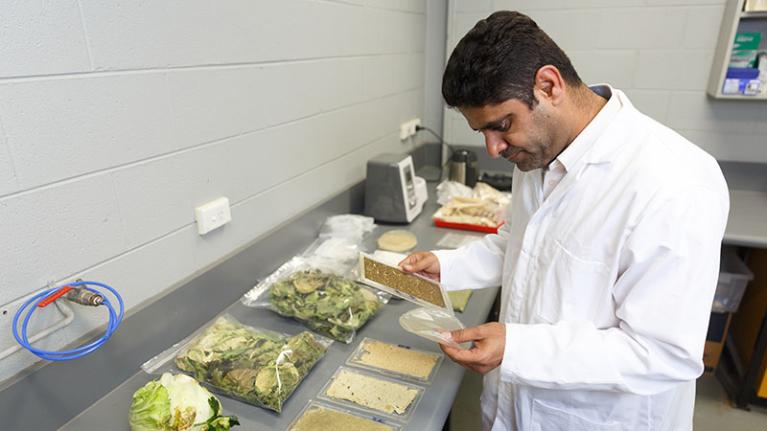
Project overview
The VU Rise project is funded through the Victorian Higher Education State Investment Fund in collaboration with Victoria University.
The Australian Government has set a target for 100% of packaging to be reusable, recyclable or compostable by 2025.
The Sustainable Packaging Solutions project focuses on optimising the packaging processes and material efficiencies. This will reduce material consumption and the impacts of packaging materials on the environment. Minimising packaging can also save energy, materials and transportation costs, benefiting the economy.
The project is primarily based on designing eco-friendly packaging materials that can be used to transport fragile and/or food products. Our main goal is to reduce and replace the use of conventional cushioning materials, such as non-degradable foam packaging, with materials derived from agricultural wastes and by-products that are more readily degradable in the environment.
This research will:
- reduce solid waste pollution
- reduce the costs associated with landfill disposal and pollution clean-up
- reduce transport volume and costs leading to reductions in retail prices
- support the circular economy and create economic activity and jobs in regional areas
- help Victoria achieve its climate targets of net zero emissions by 2050.
The project is comprised of the following three main aspects:
- Create biopackaging materials that are completely biodegradable and sustainable in nature by using local agricultural wastes or by-products. Characterisation of the materials will be performed using conventional methods (physical, chemical, mechanical), through to end-of-life testing (compostability, environmental degradation).
- Develop and apply novel methods to characterise and simulate the random shocks and vibrations that occur during the transportation of packaged goods. Techniques for analysing and characterising random vibrations and shocks generated by road transport vehicles that are prone to induce damage to product and produce will be developed and evaluated.
- Evaluate the economic impact of packaging wastes including an economic analysis of environmental and social impacts, and further evaluate the impacts of the newly developed materials to compare the overall benefits with conventional packaging materials.
The sustainable packaging research group at VU is seeking industry partners to undertake collaborative research toward sustainable packaging and packaging optimization. For more information, contact or .
Industry collaboration
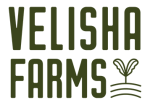


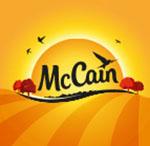


Bio-packaging materials updates
Our team's current activities include the following:
Distribution hazards & packaging optimisation updates
The follow methods have been developed to characterise and simulate the random shocks and vibrations that occur during the transportation of packaged goods.
Economic analysis of packaging waste updates
Activities in this area include:
- a technical report on reviewing the economic impact of packaging waste (PDF, 509.22 KB).
- presentation in International Conference of Cleaner Production and Sustainability.
- meeting with industry partner (Velisha Farm) to discuss their supply chain, interests, priorities, challenges and limitations.
News & events
Industry forum on Sustainable Packaging
The team showcased their work in sustainable packaging at Auspack 2022, meeting with industry and presenting at the opening day seminar.
They delivered presentations on VU Rise research projects and plans for the Australian Packaging Innovation Laboratory, including:
- packaging waste economics
- bio-packaging
- development of environmentally friendly cushions
- shock detection
- evaluating product damage during vibration testing
- laboratory facilities
- an introduction to our vibration data repository.
ABC News video
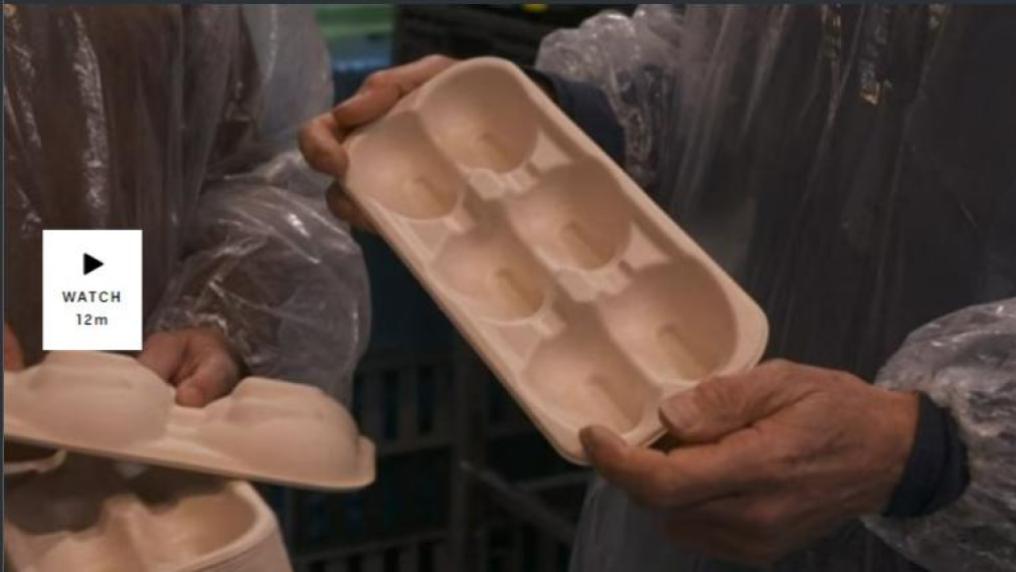
Research team
Other members of the research team
- Dr Ashfaq Ahmed Research Fellow – Biopackaging,
- Dr Ghofran Al-Nasiri, Research Assistant – Biopackaging,
- Isuru Kuruppu, Project Assistant – Distribution Hazards,
- Keshab Paudel, Project Assistant – Distribution Hazards,
- Dr Ghowsalya Mahendrarajah, Research Officer – Biopackaging,
- Hamza Malik, Research Assistant – Distribution Hazards,
- Dr Mohammad Sadegh Taskhiri, Research Fellow – Waste Economics,
Research papers
View our research team's publications below through the VU Research Repository:
- Professor Vincent Rouillard, researcher at Institute for Sustainable Industries & Liveable Cities, specialises in environmental shock and vibrations, packaging and signal analysis.
Find Vincent's recent publications. - Dr Matthew Lamb, researcher at Institute for Sustainable Industries & Liveable Cities, specialises in dynamics and vibration, transportation distribution hazards and protective packaging mechanical characterisation.
Find Matthew's recent publications. - Dr Marlene Cran, Research Fellow at Institute for Sustainable Industries & Liveable Cities, specialises in active, antimicrobial and biodegradable packaging, degradation of polymer materials and the reuse and recycling of used and end-of-life desalination membrane elements.
Find Marlene's recent publications. - Dr John Symons, Research Fellow at Institute for Sustainable Industries & Liveable Cities, specialises in environmental economics and sustainable development.
Find John's recent publications.
